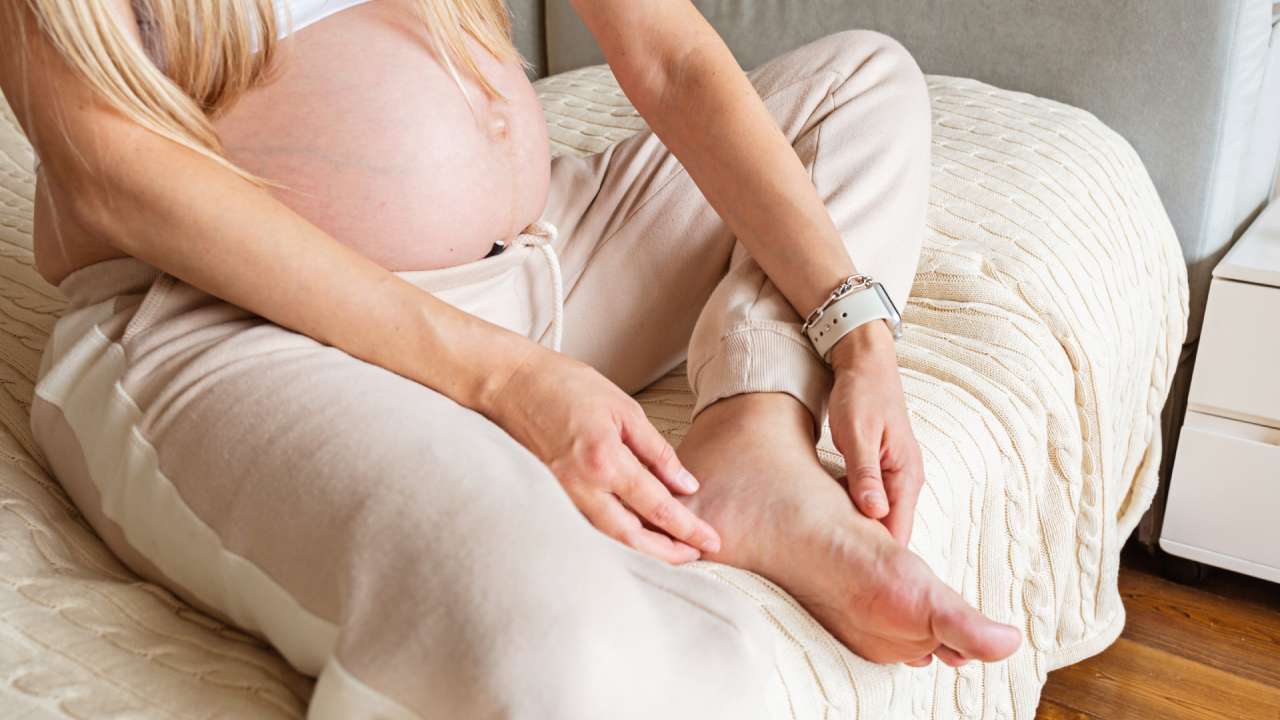Many factors contribute to varicosas y venous insufficiency, including age, gender, family history, heavy lifting, obesity, prolonged standing, and pregnancy. Venous insufficiency occurs when the one-way valves in the veins malfunction, causing blood to pool in the legs. This can lead to varicose veins, leg swelling, heaviness, fatigue, pain, cramping, burning, itching, restless legs, skin rashes, and ulcers. But can varicose veins be prevented during pregnancy? What can be done to minimize the risk?
Understanding the Link Between Pregnancy and Varicose Veins
Pregnancy triggers metabolic and physiological changes that affect the venous system. Multiple pregnancies increase the likelihood of venous reflux, particularly in women with a family history of varicose veins. During pregnancy, an ultrasound duplex scan can be used to detect venous reflux and assess circulation, even if visible veins seem to shrink after delivery.
For women predisposed to varicose veins, pregnancy significantly increases the risk of developing venous reflux disease. Taking preventive measures can help manage symptoms and reduce discomfort.
Tips for Preventing Varicose Veins During Pregnancy
While pregnancy-related changes in circulation cannot be entirely avoided, the following lifestyle adjustments can help improve venous health and reduce the likelihood of developing varicose veins:
- Wear medical-grade compression stockings to support circulation.
- Engage in daily exercise and walking to promote blood flow.
- Avoid prolonged standing or sitting; change positions frequently.
- Wear comfortable shoes and avoid high heels.
- Avoid crossing your legs when sitting to prevent added pressure on veins.
- Elevate legs when resting to improve circulation.
- Follow a low-sodium diet to prevent excessive swelling.
- Stay hydrated by drinking plenty of water.
- Sleep on the left side to improve blood return from the lower extremities to the heart.
Advanced Treatments for Varicose Veins
For women who continue to experience venous insufficiency after pregnancy, several minimally invasive procedures can effectively treat varicose veins and improve circulation. Treatments available in Nueva York y Nueva Jersey include:
1. VenaSeal
- A medical adhesive is used to seal off diseased veins.
- No compression stockings are required post-treatment.
- Minimally invasive with fast recovery time.
2. Radiofrequency Ablation
- A thin catheter delivers controlled heat to close the affected vein.
- Blood is rerouted through healthier veins.
- Requires compression stockings post-procedure.
3. Sclerotherapy
- A chemical solution is injected into small varicose or spider veins.
- Used in combination with other treatments for optimal results.
4. Phlebectomy
- Small incisions are made to remove larger varicose veins.
- Performed in-office with minimal downtime.
Each vein treatment is performed using cutting-edge technology by leading vein experts, such as Dr. Michael Nguyen y Dr. Sareh Rajaee, in New York and New Jersey. Based on the patient’s needs and symptoms, a personalized treatment plan can be created.
Final Thoughts
While varicose veins during pregnancy may be unavoidable for some women, adopting healthy habits can reduce their severity. If symptoms persist post-pregnancy, consulting a vein specialist can help determine the best course of treatment. With advanced medical solutions available, managing venous health has never been easier.









